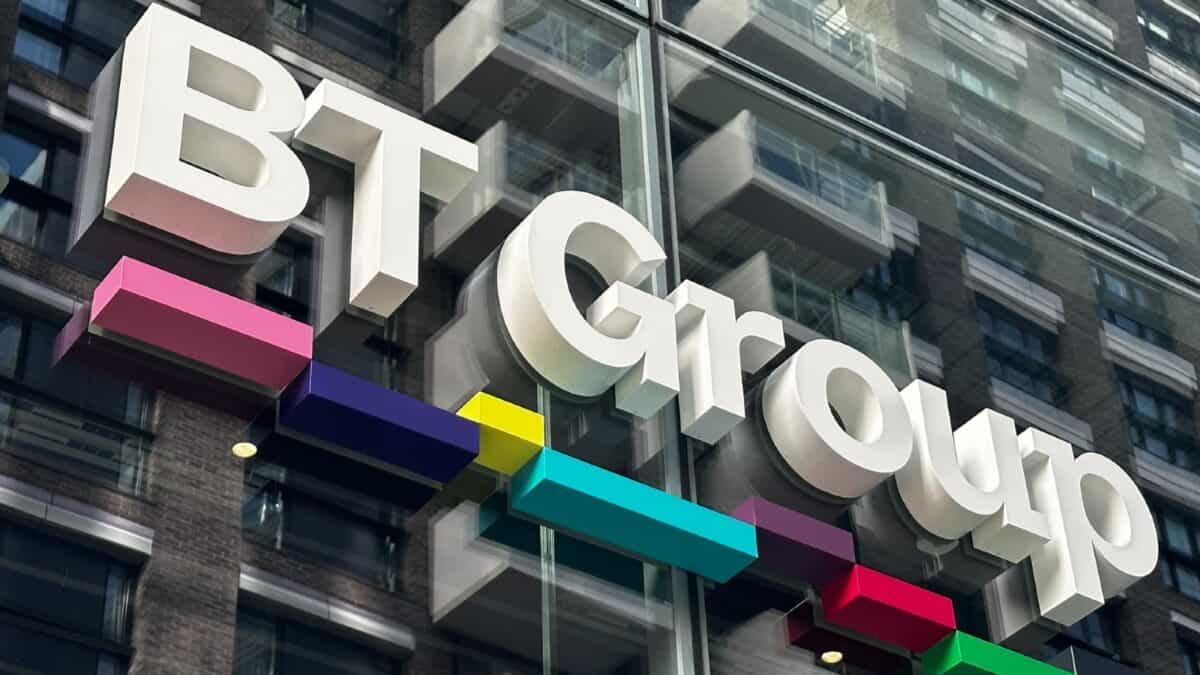After a lull from June to October this year, the BT (LSE: BT.A) share price has rebounded. As I write, it’s up 10% in 2023.
I’ve had the British telecoms giant on my watchlist for some time now. But I’ve been hesitant to add the stock to my portfolio.
However, after its impressive rise, I’m finding it hard to ignore. If it can reproduce its performance in 2024, I’ll be tempted to buy some shares. But can it?
Passive income
One of the main draws to BT is the opportunity to generate passive income through its meaty dividend yield. I tend to target income stocks that yield above 4%. I then reinvest that extra income I receive back into my nest egg. Over time, through compounding, this will see my pot grow quicker as I earn interest on my initial investment as well as my gains.
With a 6.1% yield, BT certainly fulfils my requirements. The average FTSE 100 yield is around 4%, so it trumps that. While dividends are never guaranteed, a 1.7 times earnings coverage provides me with some optimism I’ll be paid.
Low valuation
Coupled with the appeal of passive income is a low valuation. BT shares trade on a price-to-earnings ratio of 6.9. That’s below the benchmark for value of 10 and the Footsie average of between 13 and 14.
The business has also continued to make progress with its subsidiary, Openreach, which is a positive sign. Demand has grown in recent times. For Q2, it welcomed 364,000 new customers. Its Openreach broadband average return per unit also grew by 10% year on year. It now provides broadband to more than a third of the UK’s homes and businesses. That’s a solid market share.
BT negatives
Nevertheless, while I’ve been quick to point out the positives, I have a few major concerns.
First up, the business is sitting on a massive pile of debt. As of 30 September, this stood at £19.7bn. That’s a £800m jump from 31 March, which the business pinned down to increasing pension scheme contributions. What’s more, with the UK base rate at 5.25%, and rates forecasted to remain elevated for the next few years, this debt will become more expensive to service.
On top of that, there’s heightened competition in the field. With consumers looking to cut down costs given inflation, this makes matters worse. In November, the firm reported it had lost 129,000 net broadband customers during the latest quarter. That was an increase on the 126,000 lost in the previous three months. The firm is forecasting a decline of 400,000 customers for the financial year. However, it looks highly likely the final figure will come in above that.
What’s in store?
So, is there potential for BT to carry its fine momentum over to 2024? I’m not sure. But I won’t be buying any shares today.
BT has its strengths. It’s a well-known business with a large customer base. However, with issues such as large debt and rising competition, I’m not confident in buying the stock right now.
Its yield is a nice bonus. And it does look cheap. Yet, for now, at least, I’m holding off.








